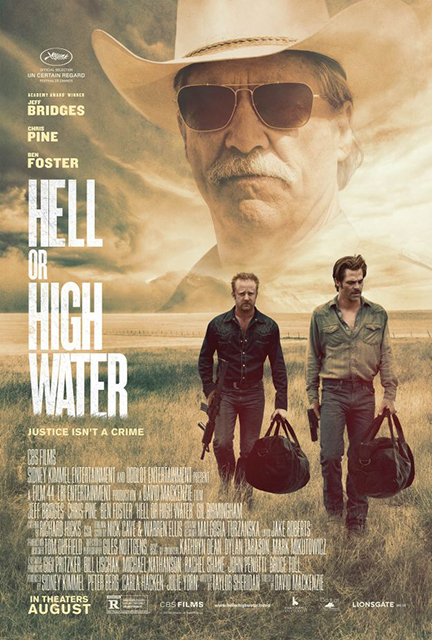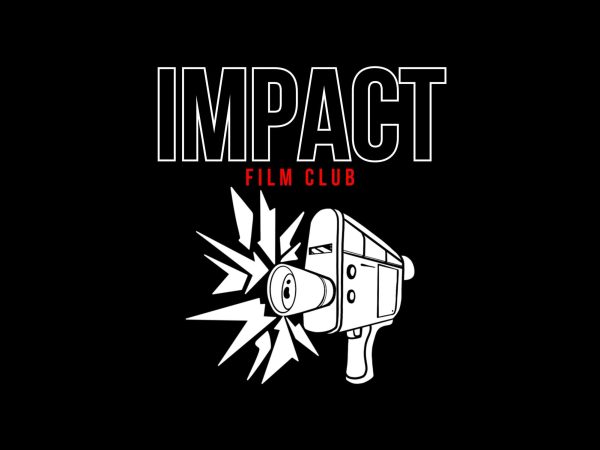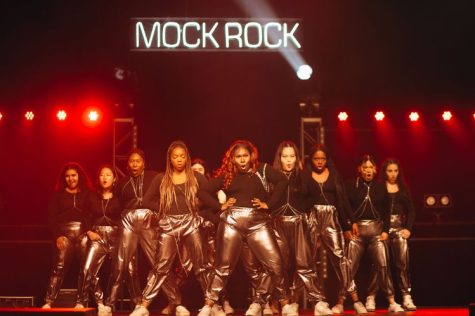“Hell or High Water” pays off late
The Western’s small scale brings refreshing depth to the big screen after a summer of disappointing movies.
September 13, 2016
“Captain America: Civil War” kicked off this summer’s blockbusters with a tense and thrilling story of team Captain America taking on team Iron Man. Following that, audiences watched the X-Men duking it out, the Ghostbusters fighting the paranormal, the crew of the Enterprise fighting Krall’s minions and Suicide Squad contending with who knows what.
The unnoticed “Hell or High Water”
At the risk of overgeneralizing, all of these films, and many others not mentioned, tried to balance the dynamic of huge character rosters onscreen. Most of the time, the balance of these teams felt unwieldy and cumbersome; not much united them other than a shared vision of saving the city, world or galaxy.
These epic visions or tasks for the heroes to accomplish are what caused the movies to get distracted with too many elements. They needed to scale back on the stakes in order to keep the movie focused. As one of the movies that accomplished this, “Hell or High Water” almost went unnoticed due to its limited initial release.
Everything about “Hell or High Water” is understated, from the cast to the writing and setting, not just its release. Against the arid backdrop of dying towns, the brothers Toby and Tanner Howard, played by Chris Pine and Ben Foster, rob small-time banks to collect enough money to save their farm from foreclosure. Two sheriffs, Marcus and Alberto, played by Jeff Bridges and Gil Birmingham, pursue the robbers during their sprees. It fits well in the genre of a modern western, and many have likened it to “No Country for Old Men.” Despite the fact the movie does not add anything new to the western genre, it never feels tired or dead. The film features a fair share of shooting and car chases, but the substance that keeps the movie alive comes from more nuanced interactions. One scene in which the brothers stand in a field at a barbed wire fence, they keep hitting each other until they laugh and wrestle, portraying them not as hardened criminals, but as deeply traumatized brothers who do their best support and protect each other. “Hell Or High Water” gives the same attention to the sheriffs. Despite the insults they sling and the swagger they put out as officers in Texas, they clearly have a long history as close partners.
Dynamic relationship
With the viewer present for both the intense and mundane scenes, they form a more personal relationship with the characters. Whereas movies like “Suicide Squad” had so much packed into it that it could only cut away to quieter scenes through flashbacks, “Hell or High Water” shows the moment as it forms. Character motivations are revealed through dialogues which hint at past experiences, preventing the film from getting bogged down by flashbacks, and remaining focused on the energy of the present.
Large-scale films struggle with creating the intimacy of “Hell or High Water.” While “Captain America: Civil War” did succeed in providing analyses of character dynamics by downsizing the stakes, this film transcends the riffraff by not centering around the peril of the world, but on the strained relationships between characters. The relatively modest stakes of trying to save the family farm in “Hell or High Water” provided a close focus on the relationships between its characters and helped it successfully navigate a wider scope of themes. This made it stand out despite its limited release and the bigger blockbusters of the summer.







